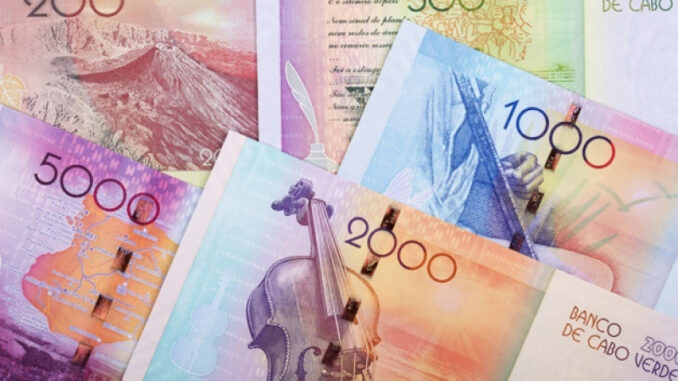
Cape Verde’s banking system has leveraged the interest rate differential to increase liquid assets abroad, according to a statement issued by the BCV (Bank of Cape Verde) on December 26. However, this practice has prompted the Central Bank to take steps to safeguard the nation’s foreign currency reserves, which are vital for financing imports and maintaining the fixed exchange rate with the euro.
To address this, the BCV announced a 50-basis-point increase in its key interest rates, set to take effect in January. This decision is part of its ongoing strategy to align more closely with eurozone rates, thereby reducing the attractiveness of currency outflows. The move follows a previous rate hike of 25 basis points in November, with the central bank now opting for a stronger signal to underscore its monetary policy stance amid ongoing uncertainties.
“External reserves in foreign currency play a crucial role in the credibility of the system,” the BCV stated. The measures aim to gradually narrow the gap between domestic and eurozone interest rates, ensuring the stability of Cape Verde’s financial system and preserving its reserve levels.
The central bank also noted that foreign direct investment declined year-on-year in the third quarter, impacting reserves despite other positive economic indicators. As of now, net international reserves are sufficient to cover 5.6 months of imports of goods and services estimated for 2024. This level, while adequate, underscores the importance of the BCV’s efforts to stabilize and sustain the country’s financial ecosystem.
